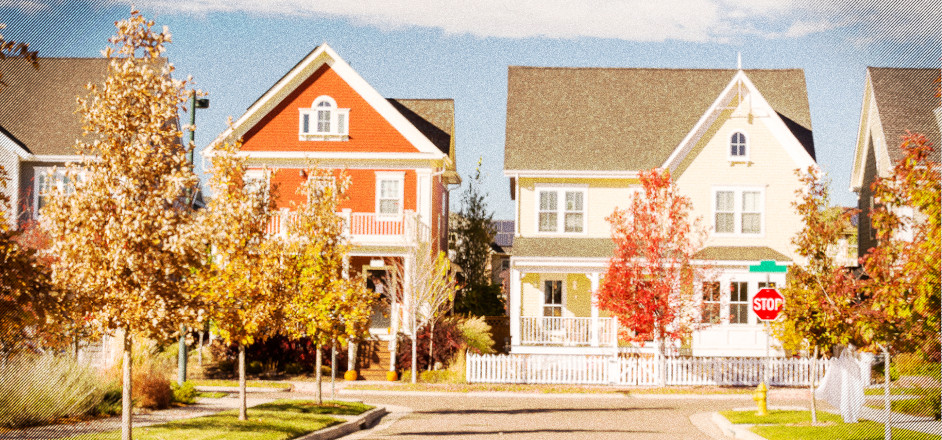In Colorado and Denver, high housing prices have been linked to high residents.
Yes, because of legal weed, Colorado housing prices went up far more than they would have if Colorado had not legalized weed, two recent studies said.
Why?
Firstly, weed drew hordes of people to Colorado. Anyone in the state watched the weed pilgrims come, but researchers from Italy and Spain quantified their numbers in a recent study.
Colorado legalized medical weed in 2000, and rec weed in 2012. The scene really took off in 2009, when Obama took office and indicated he'd leave the j's alone.
Colorado's in-migration during some of that time was compared with 20 states where weed remained prohibited. Controlling for other factors — including natural beauty, economy, level of education of workers — far more people moved to Colorado than to other, non-legal states. The researchers estimated that 7.5 percent more people moved to Colorado than would have been expected, and that weed was the reason. The researchers guess that 150,000 more people moved to Colorado between 2005 and 2015 than would have if the state had stayed un-stoned.
With 150,000 more people in the state, the leap to higher house prices is as natural as gravity.
More people means more competition for housing, which means higher prices: mini little two-bedrooms asking $600,000. Studios renting for $1,200 a month.
What's more, Colorado's marijuana industry created about 20,000 full-time marijuana jobs. These are decent-paid jobs. And the more people who have more disposable income, the more it drives up house prices.
Legal weed is not a community-wrecker, at least in terms of housing prices.
And this holds not just at the state level, but at the city level. A different study found that cities with legal weed saw home values go up $23,000 more on average than cities where marijuana is prohibited. (You may still be surprised to learn that most towns in Colorado — most! — don't have legal weed. These towns are mostly rural, non-touristy, generally statistically objectively less-cool towns.)
This trend holds down to the neighborhood level. In fact, the closer your home is to a weed store, the more home values go up. (This is the opposite of liquor stores, near which house prices tend to go down.) Prices for homes close to dispensaries went up 8 percent more than homes far from dispensaries, said a report by the Cato Institute. Again, this was controlling for all other factors, like neighborhood desirability and quality of school districts. So neighborhoods near dispensaries must be nice. Safe. Probably good music nearby.
High people, high economy, high rents and mortgages. How you wanna look at the trend probably depends on where you are in your life. If you're a homeowner already, the green rush's real estate boom is a great trend. Equity! Status! Bragging rights! If you're just starting out in life and tryna rent a crash pad or squeeze into a starter home, you feel the pinch, and you wish you'd studied finance in college.
But what's clear as glass is that the naysayers were, again, spectacularly wrong. Again. Weed'll ruin Colorado, many said. Denver mayor Michael Hancock told Westword in 2012, before the world-rocking legalization vote, "we will lose our attractiveness to companies, employers who want to come to our state." Weed'll drive folks away, Hancock said. "We are losing some of our ground or some of our attractiveness."
Bollocks. Based on the data — and just looking around — Denver may never have been more attractive than from 2005 to now — not even during the gold rush of the 1860s. As a mayor whose city budget depends on property taxes, which depend on high home values, Hancock should be praying thanks to the weed gods, and all the high-pitched whines from prohibitionists like him about dispensaries ruining neighborhoods has clearly fallen as flat as a tube of toothpaste on the highway. (Has Hancock learned his lesson? No. He's still fretting about Denver having a reputation as a "drug city.")
Weed is not a perfect drug. But for Realtors, homeowners, and city budgeters, pot is money in their pocket. And pot beats the hell out of meth.




Leave a Reply
You must be logged in to post a comment.